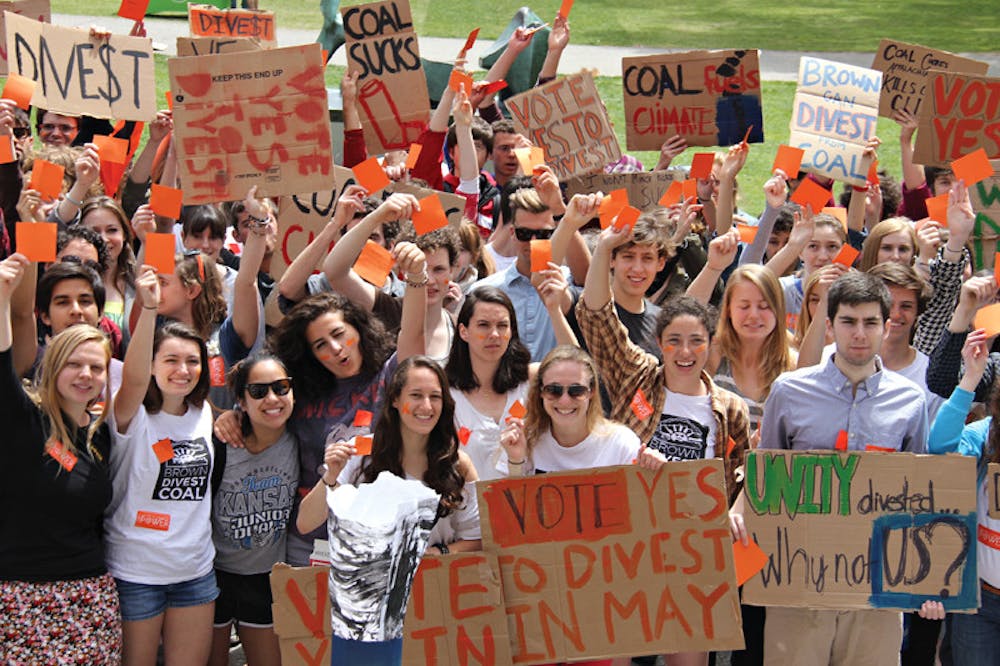The University launched the Environmental Change Task Force — a committee composed of faculty members, administrators, undergraduates and graduate students — Monday, Provost Mark Schlissel P’15 wrote in a community-wide email.
The group is charged with identifying issues pertinent to climate change on which the University can act at local and national levels, said Leah Vanwey, the task force’s chair and an associate professor of sociology.
Though the Corporation — the University’s highest governing body — decided at its meeting last month not to divest endowment assets from coal companies, the task force was not established in response to recent campus debate over divestment, Schlissel said. He added that divestment would not be on this task force’s agenda because other University committees, like the Advisory Committee on Corporate Responsibility in Investment Policies, have already researched the matter. Discussing it further would “go over the same ground,” he said.
The task force was conceived last spring, when issues of potential divestment first arose and President Christina Paxson felt the University needed a more formal way to address climate change, Schlissel said. He said he took recommendations from the Office of the President, the Undergraduate Council of Students, the Faculty Executive Committee and his own office before selecting the members of the task force.
Schlissel said Vanwey was selected to chair the committee because of her involvement with the Environmental Change Initiative, an interdisciplinary research initiative created to “tackle significant problems in environmental change,” according to the initiative’s website.
“I’m hoping that we’re going to come up with a robust suite of things that we can do within Rhode Island and locally, and then nationally,” Vanwey said.
Kelsey Ripp MD’16, the only Alpert Medical School student on the task force, was invited to join because she founded the Med School’s Environmental Change and Health Interest Group, she wrote in an email to The Herald.
She added that though she does not yet have specific goals for the task force, she hopes to continue dialogue on how the medical community “can be involved in this discussion of Brown’s role regarding environmental change.”
No members of Brown Divest Coal are on the task force, though Schlissel initially invited them to apply, said Tammy Jiang ’16, a member of Brown Divest Coal. She said the mission of the task force remains “nebulous” and that a truly “bold move” in response to climate change would be divesting from coal companies.
Sophie Purdom ’16, a member of the task force, said the group was created before the decision not to divest and that the timing of the committee’s launch is just “ironic.”
She added that campus members dwelling on coal divestment “should look to channel those sentiments into new initiatives moving forward.”
Purdom worked this summer on the “Sustainable Providence” environmental change plan, which highlights six key environmental initiatives the city hopes to address in the coming years. She said she hopes to align the work she has done with the city with that of the task force.
The task force will meet several times throughout the academic year. In the spring, it will present a report on its recommendations to the Brown University Community Council.
The BUCC, a forum composed of top administrators, faculty members, several Corporation members, undergraduates and graduate students, will then discuss the recommendations, Schlissel said.

ADVERTISEMENT




